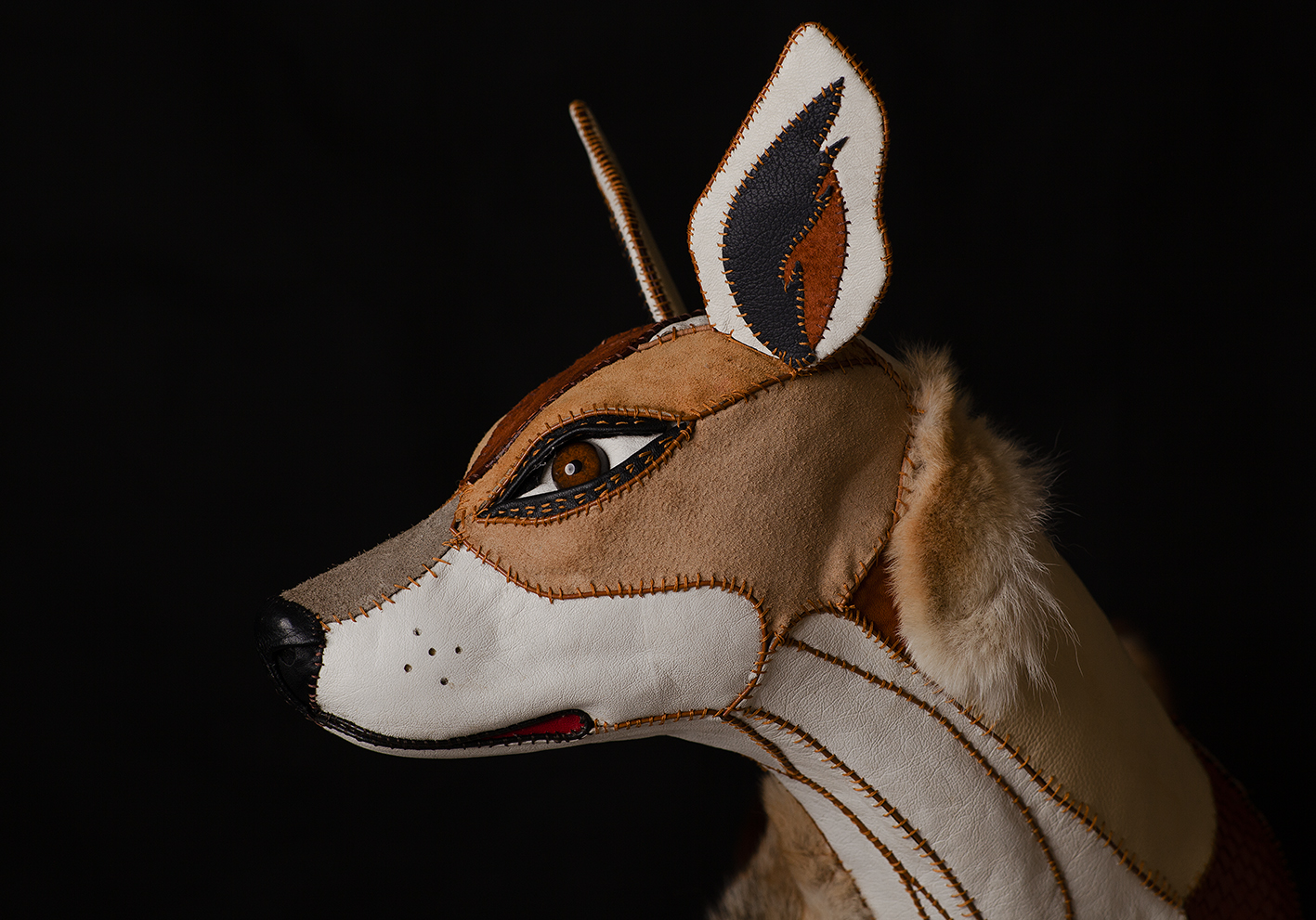Guest editors: Yamini Narayanan (Deakin) and Krithika Srinivasan (Edinburgh) In the last few years in India, cows have been mobilised prominently in efforts to ‘restore’ the geophysical Indian state as a Hindurashtra, or a racially ‘pure’ Hindu nation. The ‘protection’ of the cow, an animal paired with upper-caste Brahmins in certain interpretations of Hindu scriptures, has been deployed by Hindutva sympathisers as a way of othering ‘non-belonging’ communities in this reconstituted Hindu state, and for acts of exceptional violence against Muslims and Dalits who are framed as slaughterers of cows. Caste has also been deployed in making of a ‘hyperbolic vegetarian’ Hindutva state (Ghassen-Fachandi 2009) based on ideas of social pollution and marginalisation, rather than principled animal ethics. In Sri Lanka too, the cow is politicised as a symbol of Buddhist culture, and to marginalise non-venerating Muslims (Stewart 2013).
In this special issue, we aim to advance these important conversations by exploring what provocations – and opportunities – arise by seeing nonhuman animals not only as instruments of sectarian violence in South Asia, but indeed, also as subjects of such violence. Cows, for instance, might ostensibly be subjects of protection from slaughter. A caste logic nonetheless operates wherein Jersey cows might be more likely (than indigenous breeds) to being sold into the meat trade (Govindrajan 2018, Narayanan 2018). What’s more, the socio-economic realities of dairying intersect with the holy status of the cow with far reaching negative impacts on the lived experiences of these animals which are subject to illegal transport (for slaughter) precisely because of protections bestowed by their holy status (Srinivasan and Rao 2015). Most crucially, the entire dairy industry rests on what has been theorized as the sexualised and gendered extraction of the reproductive labour of cows and bulls (Gillespie 2014). As such, we aim to unravel how species, caste, religion, gender, sexuality, and other elements of identity might intersect to reveal deeper ways of understanding identity-based violence and speciesism as real, interconnected, and indeed, even compatible logics of oppressions. We aim to broaden the politicisation of ‘animals’ in human geography and cognate fields by engaging with geographies of caste, gender, nationalism and religious fundamentalism, and in turn, making caste, extremism and ultranationalism the concern of animal social scientists in/of South Asia. The special issue has two mandates. One, we ask how discourses of species, gender, caste, religious, sexual, and ethnic identity intertwine and overlap to sustain narratives and practices of purity, exploitation, exclusion, and violence directed at people and nonhuman animals in South Asia. Two, we explore how alliances between animal advocacy as a social justice movement, can be mediated with other movements such as the feminist, Dalit rights, and other social justice movements in South Asia. How can a politics of ‘avowal’ (Kim 2015) between these diverse groups be imagined and negotiated? We seek abstracts of 150-200 words from scholars of geography, anthropology, sociology, politics, animal studies, and law, among others. Please send to K.Srinivasan@ed.ac.uk and y.narayanan@deakin.edu.au by June 15. Full call for submissions can be found here.

Looking Ahead to AASA 2025
Looking ahead: Centring Animals Across the Disciplines AASA 2025 Written by Davita Coronel in conversation with Fernando do Campo. Our

